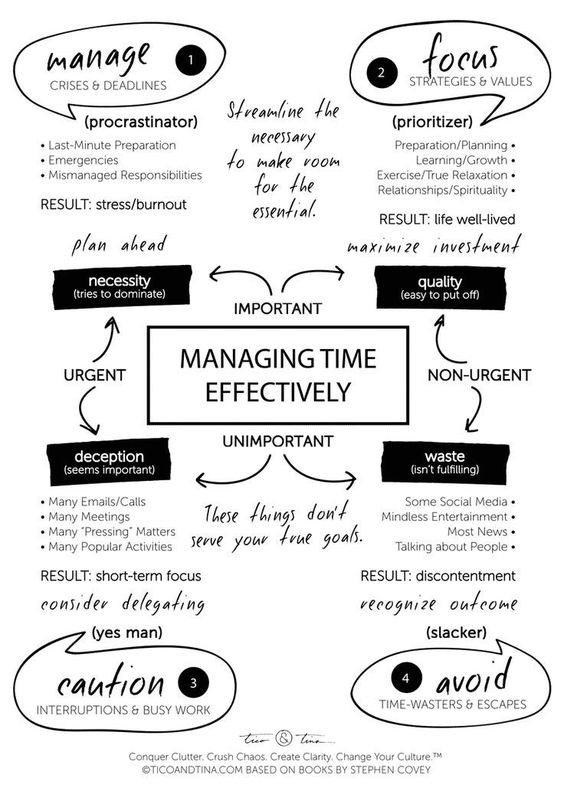Project planning refers to the process of defining, organizing, and setting a strategy for achieving a specific goal. It is an essential part of project management that sets the foundation of successful project execution, control, and completion. Without proper planning, a project is likely to fail. But how exactly does project planning help?
In this article, we will discuss what project planning is and why it is important. We will also highlight the key elements of project planning and how to optimize it for better results.
The Importance of Project Planning
Project planning is crucial because it helps to:
1. Set clear goals and objectives
2. Identify and manage risks
3. Allocate resources
4. Create a project schedule
5. Manage budgets
6. Streamline communication
7. Ensure project quality
8. Increase chances of success and reduce project failures
Key Elements of Project Planning
A well-planned project consists of several key elements that include:
1. Project scope: This defines the goals, objectives, deliverables, and boundaries of the project
2. Project timeline: This outlines the project schedule, milestones, and deadlines
3. Resource plan: This identifies the resources required for the project, including personnel, equipment, and budget
4. Risk management plan: This outlines the potential risks and their impact on the project and includes strategies for risk avoidance or mitigation
5. Communication plan: This defines the communication protocol and channels among team members, stakeholders, and sponsors
6. Quality plan: This outlines the quality metrics, standards, and control measures to ensure project deliverables meet the required quality level
7. Change management plan: This outlines the process and procedure for managing changes in scope, schedule, or resources
8. Performance measurement plan: This outlines the metrics that will be used to evaluate project progress and success.
How to Optimize Project Planning for Better Results
To optimize project planning, follow these tips:
1. Involve all stakeholders in project planning to ensure that everyone’s views and concerns are considered
2. Clearly define project goals, objectives, and expectations to reduce the likelihood of misunderstandings or conflicts
3. Use established project management methodologies, templates, and tools to ensure consistency and traceability
4. Break down the project into manageable tasks and assign responsibilities to each team member
5. Monitor project progress and adjust the plan as necessary to ensure you stay on track
6. Schedule regular project status updates to keep stakeholders informed and involved
7. Collaborate with other project managers to identify potential value-adds or synergies
8. Encourage feedback from team members to identify areas of improvement and support continuous learning and development.
You might find these FREE courses useful
- Project Planning
- Project Planning and Execution
- Project Planning and Machine Learning
- Top Project Management: Life Cycle And Project
- Project Management: Life cycle and project planning
- Fundamentals of Project Planning and Management
- Project Planning: Putting It All Together
- Initiating and Planning Projects
Conclusion
Project planning is integral to the success of any project. It helps to set clear goals, allocate resources, manage risks, and optimize communication. By following the key elements of project planning, you can ensure that the project is well organized, monitored, and executed. Remember to optimize your project planning efforts with these tips to increase your chances of success.
